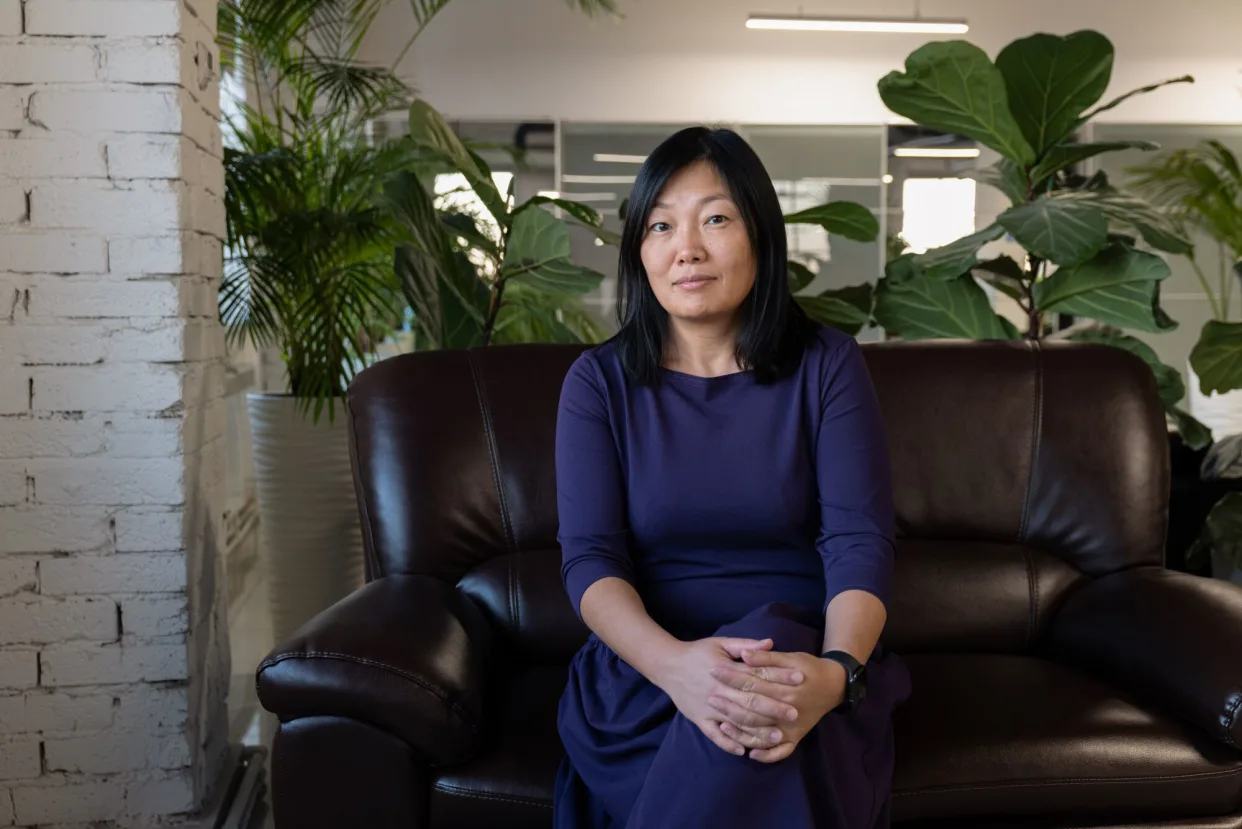Russia’s Richest Woman Gets Putin’s Nod to Build Payments System
(Bloomberg) Tatyana Bakalchuk made billions selling everything from brooms to bridal gowns on her online marketplace. Now Russia’s richest woman is making a surprise pivot: to helping insulate the economy from sanctions by building an alternative to the global payment system major Russian banks were excluded from.
Bakalchuk’s Wildberries — Russia’s answer to Amazon — is starting a venture with Russ Group, the nation’s biggest outdoor advertiser, to build a digital market to help small and medium-sized businesses promote and export their products, the company said this week. They also plan to create a payments platform that may offer a substitute for the dominant cross-border network, known as Swift, according to two people close to the Kremlin who declined to be identified.
The effort has been personally approved by President Vladimir Putin, who chose Maxim Oreshkin, deputy head of the Kremlin’s administration, to supervise it, the people said, asking not to be identified. There are no guarantees that the payment system will be successful, one of them said. Putin spokesman Dmitry Peskov said by text message that the president has ordered officials to consider Wildberries’ and Russ’s digital platform project, but that there aren’t any details yet.
Swift is the main messaging network through which international payments are initiated. Created in the 1970s, it links some 11,000 institutions across more than 200 countries and territories. The US and European Union sanctioned Russia’s key lenders after the Ukraine invasion, cutting them off from Swift and forcing Russia to use other payment options for imports and exports.
Wildberries declined to comment on its plan for a payments system.
Bakalchuk — who isn’t viewed as close to the Russian president — spoke at his flagship economic forum in St. Petersburg earlier this month and said she believed that private business in Russia has a future and is developing, although state support is required.
“Bakalchuk understands very well that the crisis is the time of opportunities,” said Alexandra Prokopenko, a fellow at Carnegie Russia Eurasia Center. “She’s seeking to expand the business to protect it, to become too big to fail and more visible to the Kremlin.


Thanks for sharing. I read many of your blog posts, cool, your blog is very good.